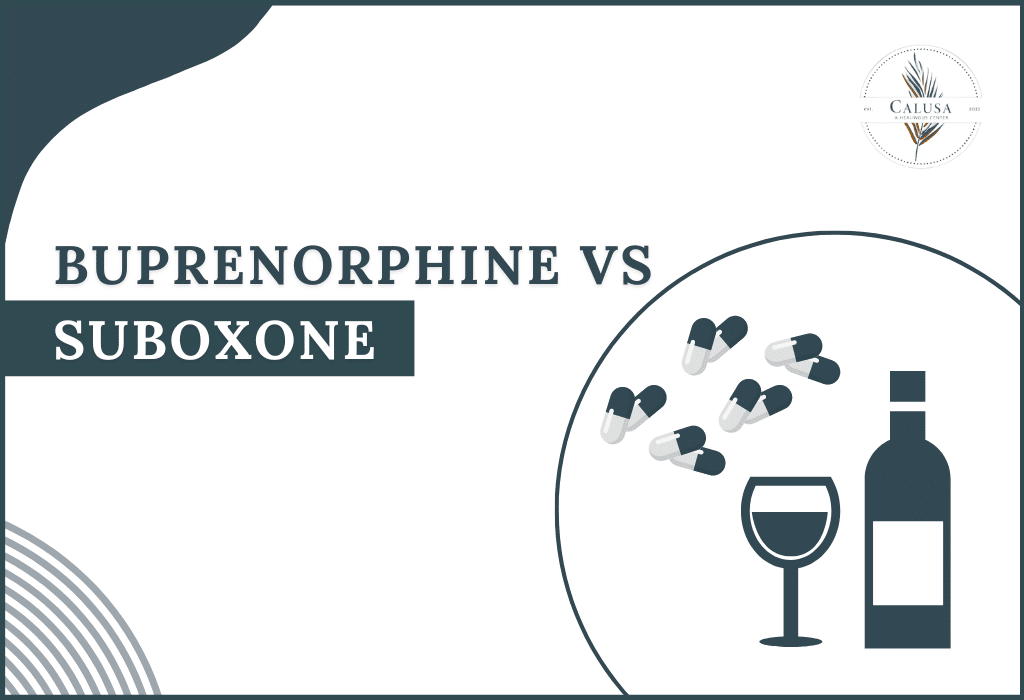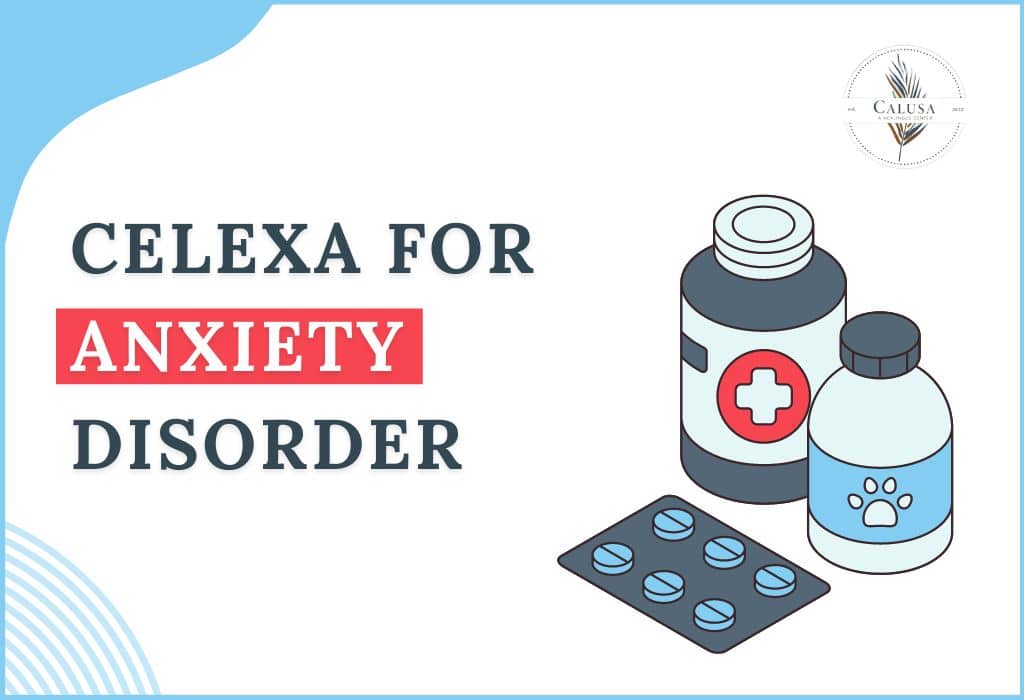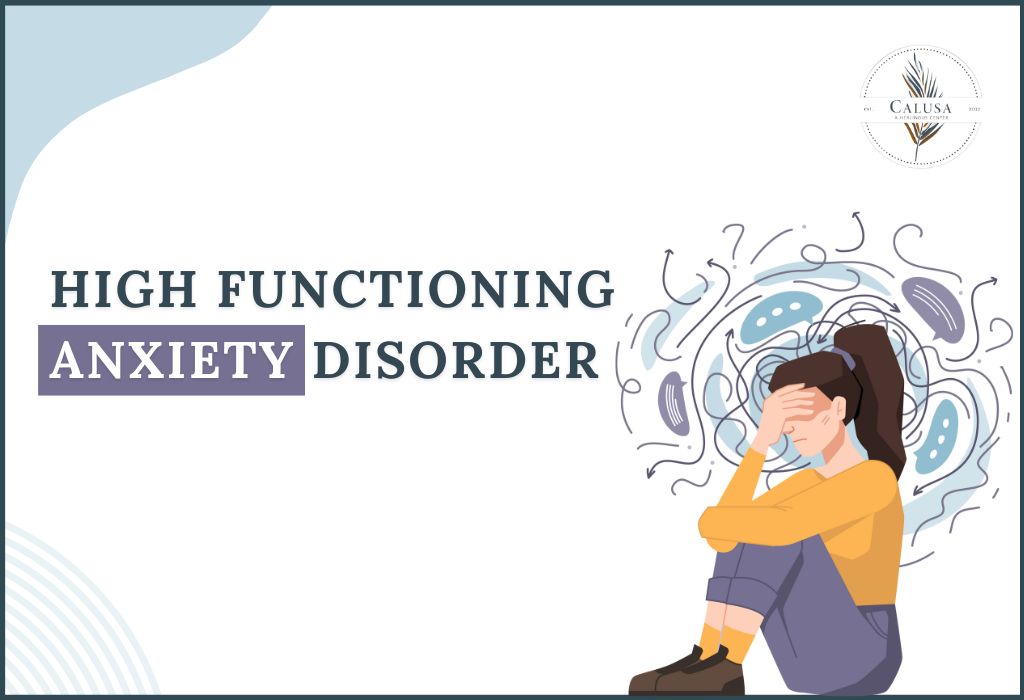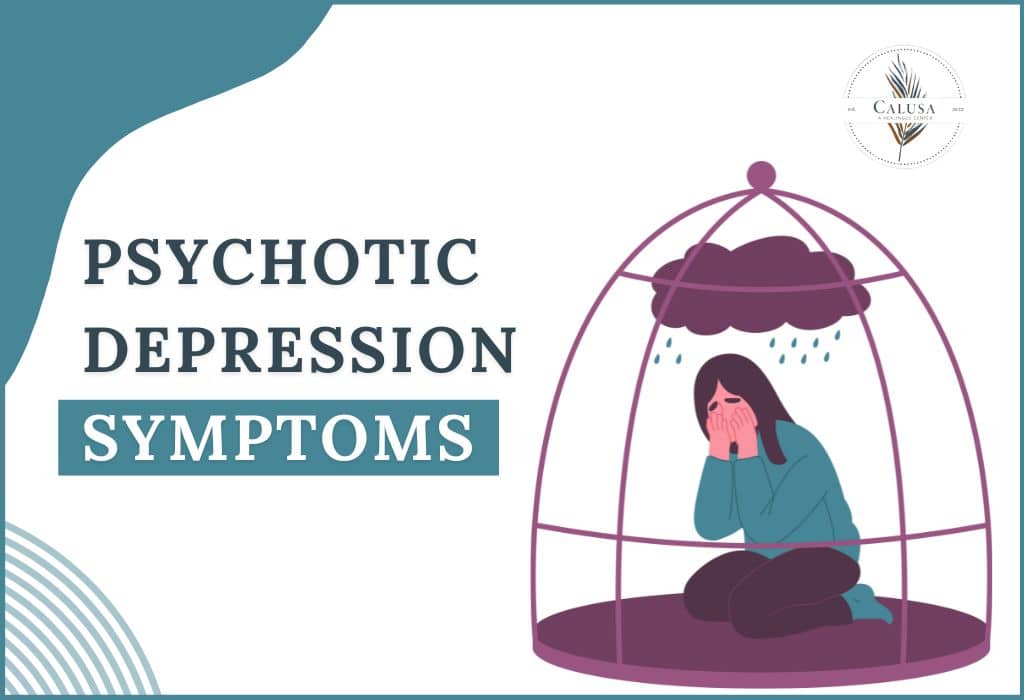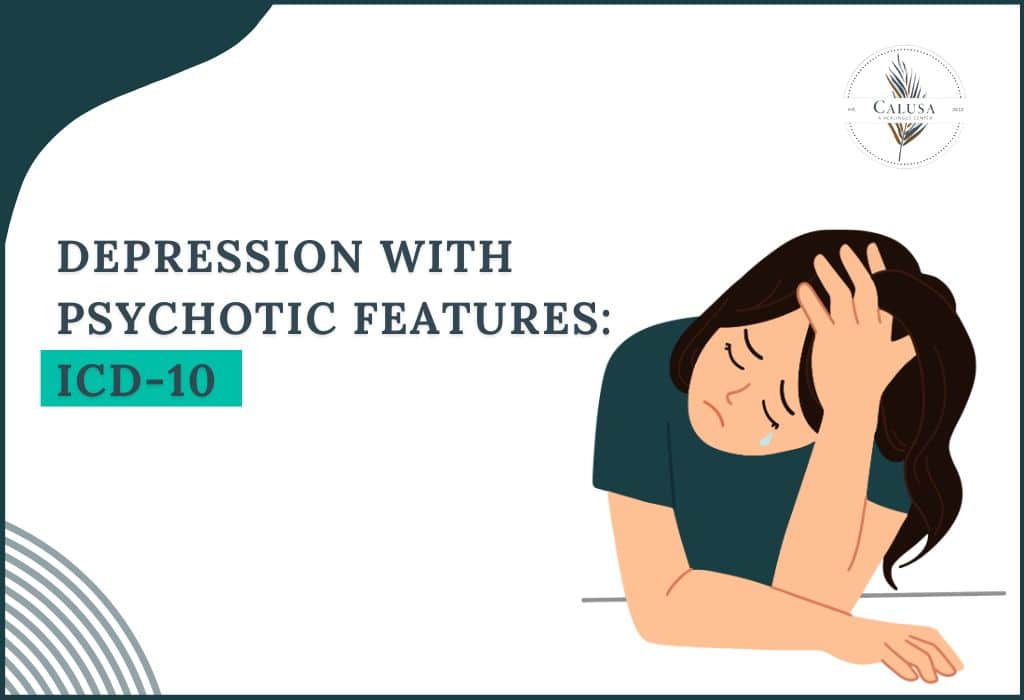Imagine navigating your world through a distorted lens, where everyday situations feel laced with hidden threats and people’s intentions appear suspect. This is the unsettling reality for those experiencing paranoia, a mental health issue that can significantly impact a person’s well-being.
Paranoia is not simply being suspicious or cautious. It’s a persistent and irrational feeling of being threatened or deceived, even when no evidence supports it. People with paranoia may believe others are plotting against them, constantly judging them, or trying to control their lives.
Risk Factors for Drug-induced Psychosis
Understanding the factors that increase the risk of developing drug-induced psychosis can help individuals make informed choices and be aware of potential dangers. This section explores some of the key risk factors.
Pre-existing Mental Health Conditions
Individuals with pre-existing mental health conditions, such as schizophrenia, bipolar disorder, or depression, may be more susceptible to developing drug-induced psychosis. These conditions can make the brain more vulnerable to the disruptive effects of drugs.
Genetic Predisposition
Genetics can also play a role. If you have a family history of mental illness, such as schizophrenia, you may have a higher risk of experiencing psychosis when using drugs.
Frequency and Duration of Drug Use
The more frequently and for a longer duration someone uses drugs, the greater the risk of developing psychosis. High doses and chronic use can significantly increase the strain on the brain, making it more susceptible to psychotic episodes.
Polydrug Use
Using multiple drugs simultaneously, including alcohol, can significantly increase the risk of psychosis. The combined effects of different substances can be unpredictable and exacerbate the potential for psychotic symptoms.
How to Recognize If Someone is Experiencing Drug-induced Psychosis
Witnessing someone you care about grapple with drug-induced psychosis can be a frightening and confusing experience. This section equips you with the knowledge to recognize the signs and know how to respond effectively.
Behavioral Signs
Substance-induced psychosis can cause dramatic changes in a person’s behavior. Here are some potential signs to watch out for:
- Social Withdrawal: They may become withdrawn, isolating themselves from friends and family.
- Aggression or Agitation: Unexplained irritability, outbursts of anger, or aggressive behavior can occur.
- Changes in Sleep Patterns: Difficulty sleeping, excessive sleeping, or a disrupted sleep cycle can be red flags.
- Neglecting Hygiene and Self-Care: Personal hygiene and basic self-care routines may be neglected.
- Reckless or Impulsive Actions: They may engage in risky or impulsive behaviors due to impaired judgment.
Psychological Symptoms
The core symptoms of drug-induced psychosis involve a break from reality. Here’s what to be aware of:
- Paranoia: Intense and persistent feelings of being threatened, watched, or conspired against.
- Hallucinations: Seeing or hearing things that aren’t there (auditory or visual hallucinations).
- Delusions: Fixed, false beliefs that are not reality-based (e.g., believing they have superpowers).
- Disorganized Thinking and Speech: Difficulty forming clear and coherent thoughts or conversations.
- Mood Swings: Rapid mood changes, such as becoming extremely happy or sad for no apparent reason.
Physical Manifestations
Substance-induced psychosis can also manifest in physical ways:
- Changes in Appetite: Significant loss of appetite or overeating can occur.
- Fatigue and Lack of Energy: The person may experience persistent tiredness and difficulty concentrating.
- Physical Tremors or Sweating: Physical signs of anxiety or agitation can be present.
- Rapid Heart Rate or Difficulty Breathing: Physiological responses to the perceived threats can manifest.
Which Drugs Can Induce Psychosis and What Are Their Symptoms?
Now that you understand the signs and risks let’s delve into specific drugs notorious for potentially inducing psychosis. It’s important to remember that not everyone who uses these drugs will experience psychosis, but be aware of the potential dangers.
Cannabis
While less common than with other drugs, high doses of cannabis or cannabis use in individuals with a predisposition to psychosis can trigger paranoia, suspiciousness, and even hallucinations.
PCP
PCP is a powerful hallucinogenic drug that can cause severe psychosis, including intense paranoia, hallucinations, delusions, and violent behavior.
GHB
GHB is a depressant drug that, at high doses or in combination with other substances, can induce psychosis with symptoms like paranoia, hallucinations, and confusion.
MDMA
MDMA is a stimulant and hallucinogenic drug. While psychosis is less frequent with MDMA, it can occur, especially in high doses or when combined with other drugs. Symptoms may include paranoia, anxiety, and hallucinations.
LSD
LSD is a powerful hallucinogenic drug known for altering perception and thought processes. Psychosis is a potential risk with LSD use, manifesting as intense paranoia, hallucinations, and delusions.
Methamphetamines
Methamphetamine is a highly addictive stimulant that can cause severe psychosis, including paranoia, hallucinations, delusions, and violent behavior.
Other Stimulants and Hallucinogens
Many other stimulants and hallucinogens, including cocaine, synthetic drugs like bath salts, and certain prescription medications misused at high doses, can also increase the risk of psychosis with symptoms like paranoia, hallucinations, and delusions.
The Relation Between Drug-Induced Psychosis to Mental Health
Drug use and mental health are intricately linked. This section explores how drug-induced psychosis can impact a person’s overall mental well-being and the potential for long-term consequences.
Impact of Substance Abuse on Mental Health
Substance abuse can have a detrimental effect on mental health in several ways:
- Disrupting Brain Chemistry: Drugs can disrupt the delicate balance of neurotransmitters in the brain, leading to mood swings, anxiety, and difficulty concentrating.
- Exacerbating Existing Conditions: For individuals with pre-existing mental health conditions, drug use can worsen symptoms and trigger episodes.
- Increased Risk of Mental Health Disorders: Chronic drug use can increase the risk of developing mental health conditions like depression, anxiety, and schizophrenia.
Co-occurring Disorders
Co-occurring disorders refer to the presence of both a substance use disorder and a mental health condition. Drug-induced psychosis can be a symptom of a co-occurring disorder, making it even more challenging to manage. Individuals with co-occurring disorders need comprehensive treatment that addresses both the addiction and the mental health condition.
Long-term Psychological Effects
Even after a psychotic episode resolves, drug use can leave lasting psychological effects:
- Post-traumatic Stress Disorder (PTSD): The terrifying experience of psychosis can trigger PTSD symptoms like flashbacks, anxiety, and nightmares.
- Depression and Anxiety: The emotional toll of psychosis can lead to depression and anxiety.
- Cognitive Impairment: In some cases, drug use can lead to long-term problems with memory, concentration, and decision-making.
Early intervention and seeking professional help are crucial for recovery from drug-induced psychosis and for managing any underlying mental health conditions.
How Drug-Induced Psychosis Impacts the Brain
Drug-induced psychosis isn’t just a psychological experience; it leaves its mark on the brain as well. This section explores the neurological mechanisms and potential changes that can occur.
Neurological Mechanisms
Our brain functions through a complex network of communication between neurons. Drugs can disrupt this delicate dance in several ways:
- Blocking or Mimicking Neurotransmitters: Some drugs block the reuptake of certain neurotransmitters, leading to an excess, while others mimic their effects, causing an imbalance.
- Interfering with Neurotransmitter Production: Certain drugs can directly impact the production of neurotransmitters, further disrupting communication within the brain.
- Disrupting Communication Pathways: Drug use can disrupt the pathways between brain regions responsible for perception, thought processing, and emotional regulation.
These disruptions can lead to the characteristic symptoms of psychosis, including paranoia, hallucinations, and delusions.
Changes in Brain Chemistry
As mentioned earlier, drugs can alter the delicate balance of neurotransmitters in the brain. Here’s a closer look:
- Dopamine: Drugs like stimulants can increase dopamine levels, leading to hypervigilance and paranoia.
- Glutamate: Disruption in the glutamate system can contribute to difficulty with rational thinking and distorted perceptions.
- GABA: Drugs that decrease GABA, an inhibitory neurotransmitter, can lead to anxiety and an increased risk of psychosis.
Understanding these specific neurotransmitter imbalances can help develop targeted treatment approaches for managing drug-induced psychosis.
Structural Changes in the Brain
In some cases, chronic and heavy drug use can lead to more permanent structural changes in the brain. These changes may involve:
- Reduced Gray Matter: Gray matter is essential for processing information, memory, and emotion regulation. Drug use can decrease gray matter volume.
- Abnormal White Matter: White matter facilitates communication between brain regions. Drug use can disrupt the structure and function of white matter.
These structural changes can contribute to long-term cognitive problems and an increased vulnerability to future mental health issues.
FAQs
1. What drugs cause personality changes?
These substances encompass methamphetamine, MDMA (ecstasy or Molly), LSD, and specific prescription medications. When consumed in substantial amounts, these drugs have the potential to substantially modify your mood, behavior, and even your perception of yourself.
2. Can paranoid personality disorder be caused by drugs?
Personality disorders typically start to form during childhood and become fully evident by late adolescence or early adulthood. While uncommon, adolescent drug use can occasionally play a role in the onset of a personality disorder, although additional factors must also be present.
3. What is the root cause of paranoia?
The onset of paranoia occurs when an individual’s capacity to rationalize and attribute significance to events deteriorates. The precise cause of this breakdown remains unclear. It is believed that paranoia may stem from genetic factors, chemical imbalances in the brain, or exposure to stressful or traumatic life events.
4. What drugs stop paranoia?
No specific medication exists solely for treating paranoia. However, if diagnosed with schizophrenia or experiencing paranoid delusions, healthcare professionals might prescribe antipsychotic drugs to alleviate symptoms. These medications can potentially diminish paranoid thoughts or decrease feelings of threat associated with them.
Conclusion
In summary, drug-induced paranoia poses significant risks to mental health. It’s crucial to recognize the signs, understand the risk factors, and seek support when needed. If you or someone you know is struggling, reach out to mental health professionals for assistance and guidance.
If you’re experiencing substance-induced paranoia or related mental health issues, seek support from mental health professionals or support organizations today. Your well-being is important, Calusa is available to guide you through these challenges.




